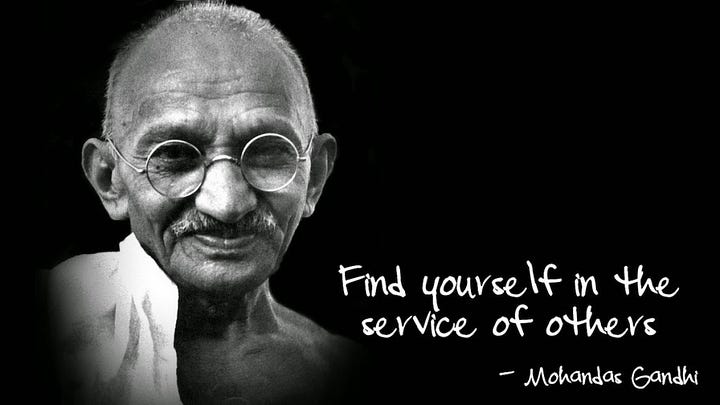In today’s fast-paced and competitive world, the concept of leadership has evolved significantly. It is no longer confined to positions of authority or organizational hierarchies. True leadership is about harnessing human virtues and values, empowering others, and inspiring change. This article delves into the essence of leadership that transcends titles and focuses on the importance of human virtues in shaping effective leaders.
The Core of Leadership: Human Virtues
Leadership is not merely about holding a position or title within an organization. It is about embodying human virtues and inspiring others to do the same. Some of the key virtues that define effective leadership include:
- Empathy: A leader who can empathize with their team members and understand their emotions, needs, and perspectives is better equipped to support and motivate them. Empathy fosters a culture of trust, collaboration, and inclusivity.
- Integrity: Leaders with integrity adhere to strong moral principles and consistently demonstrate honesty and fairness. They inspire trust and loyalty among their team members and create an environment where ethical behavior is valued.
- Humility: Humble leaders are open to learning from others, admitting their mistakes, and seeking feedback. They understand that their knowledge and abilities are not infallible, and they embrace the opportunity to grow and improve.
- Resilience: Leadership often involves facing challenges and setbacks. Resilient leaders are able to navigate through difficulties, adapt to change, and maintain their optimism and determination.
- Vision: Effective leaders have a clear vision for the future and are able to communicate that vision to their team members. They inspire and motivate others to work towards a common goal, fostering a sense of purpose and unity.
The Power of Leading by Example
One of the most impactful ways a leader can embody human virtues is by leading by example. When leaders consistently demonstrate the values and virtues they want to see in their teams, they create a culture that encourages personal and professional growth. Employees are more likely to adopt these values when they witness them in action, creating a ripple effect that benefits the entire organization.
The Role of Emotional Intelligence in Leadership
Emotional intelligence (EQ) is a crucial component of effective leadership. It encompasses the ability to recognize, understand, and manage one’s own emotions as well as the emotions of others. Leaders with high EQ are better equipped to foster positive relationships, navigate conflicts, and make well-informed decisions. By developing their emotional intelligence, leaders can harness their human virtues more effectively and create an environment where individuals and teams can thrive.
Leadership is not about titles, but rather the embodiment of human virtues that inspire and empower others. By focusing on empathy, integrity, humility, resilience, and vision, leaders can create a positive, inclusive, and ethical work environment. As leaders prioritize emotional intelligence and lead by example, they create a ripple effect that transforms organizations and communities. True leadership lies in harnessing human virtues, transcending titles, and inspiring meaningful change.

